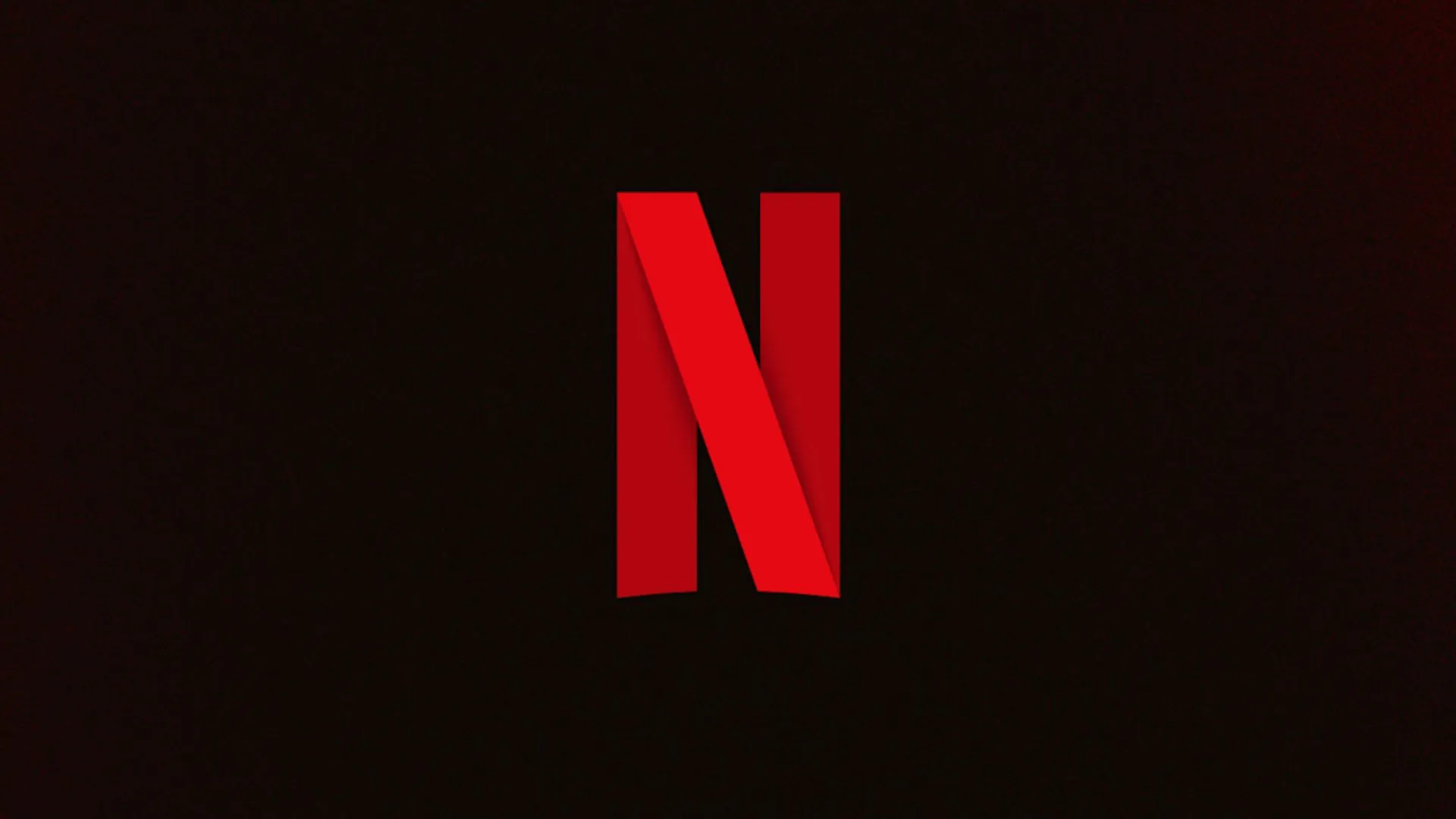The SCOTUS on Wednesday waved off claims that the Biden administration was involved in the unlawful removal of contentious content from social media platforms. The Supreme Court also urged that the White House and federal agencies like the FBI still continue to persuade social media companies like Facebook and X to take down content that the government may suspect is misinformation.
This means that the Department of Homeland Security may flag posts on social media platforms if it is of the view that it might have been the work of foreign agents trying to jeopardize this year’s Presidential elections.
The court made a decision to cancel a ruling that would have restricted interactions between government officials and social media companies across various matters. Earlier, the Supreme Court had temporarily stopped this ruling from taking effect.
White House press secretary Karine Jean-Pierre welcomed the ruling, saying it will help the administration “continue our important work with technology companies to protect the safety and security of the American people, after years of Republican attacks on public officials who engaged in critical work to keep Americans safe.”
No Proper Ground For Allegations
The court observed that the plaintiffs did not have a proper ground to sue as they had failed to sufficiently claim that the content moderation at issue was an outcome of actions deliberated by the government.
In her majority opinion, Justice Amy Coney Barrett, a conservative, stated that the plaintiffs—Republican attorneys general from Louisiana and Missouri, alongside five social media users—had not demonstrated that they had been harmed by particular actions of government officials.
Justice Amy Coney Barrett wrote the opinion for a 6-3 majority. “To establish standing, the plaintiffs must demonstrate a substantial risk that, in the near future, they will suffer an injury that is traceable to a government defendant and redressable by the injunction they seek,” Barrett wrote. “Because no plaintiff has carried that burden, none has standing to seek a preliminary injunction.”
She also iterated that routine checks were being carried out by social media platforms to moderate content even before the alleged case of coercion had been filed. “In fact, the platforms, acting independently, had strengthened their pre-existing content moderation policies before the government defendants got involved,” she added.
The plaintiffs had also failed to provide any previous discrepancies in content moderation that could be linked to communications between the government officials and the platforms, she added.
For years, officials in the Biden administration have been urging social media platforms to remove posts containing misinformation about vaccines, the COVID-19 pandemic, the 2020 election, and other topics. According to the government, many of these posts violated the platforms’ own policies.
Justice Samuel Alito expressed dissatisfaction
On the other hand, Justice Samuel Alito expressed dissatisfaction and was joined by two other conservatives Justice Clarence Thomas and Justice Neil Gorsuch.
Alito suggested the dispute was “one of the most important free speech cases to reach this court in years,” saying the government’s actions were “blatantly unconstitutional.”
He believes that the plaintiffs had provided enough evidence to establish their stand.
“The Court, however, shirks that duty and thus permits the successful campaign of coercion in this case to stand as an attractive model for future officials who want to control what the people say, hear, and think,” Alito wrote. “That is regrettable.”
Jenin Younes, a lawyer at the New Civil Liberties Alliance who represents the individual plaintiffs, said that the court had “green-lighted the government’s unprecedented censorship regime.”
What Is The Case All About?
The case raised a question on the government’s ability to shape public opinion on major issues that once used to happen in the opinions section in the newspaper but now largely take place online. It also raised concerns about the government’s authority to collaborate with private-sector organizations in addressing significant societal challenges.
A federal judge in Louisiana who had reviewed the case, in the beginning, had blocked the White House and a few more federal agencies from having any contact with social media companies with regard to the removal of content in a sweeping preliminary injunction last year.
ALSO READ: Abraham Lincoln’s Wax Sculpture Melts As Temperature Soars To 100 degrees Fahrenheit In Washington























